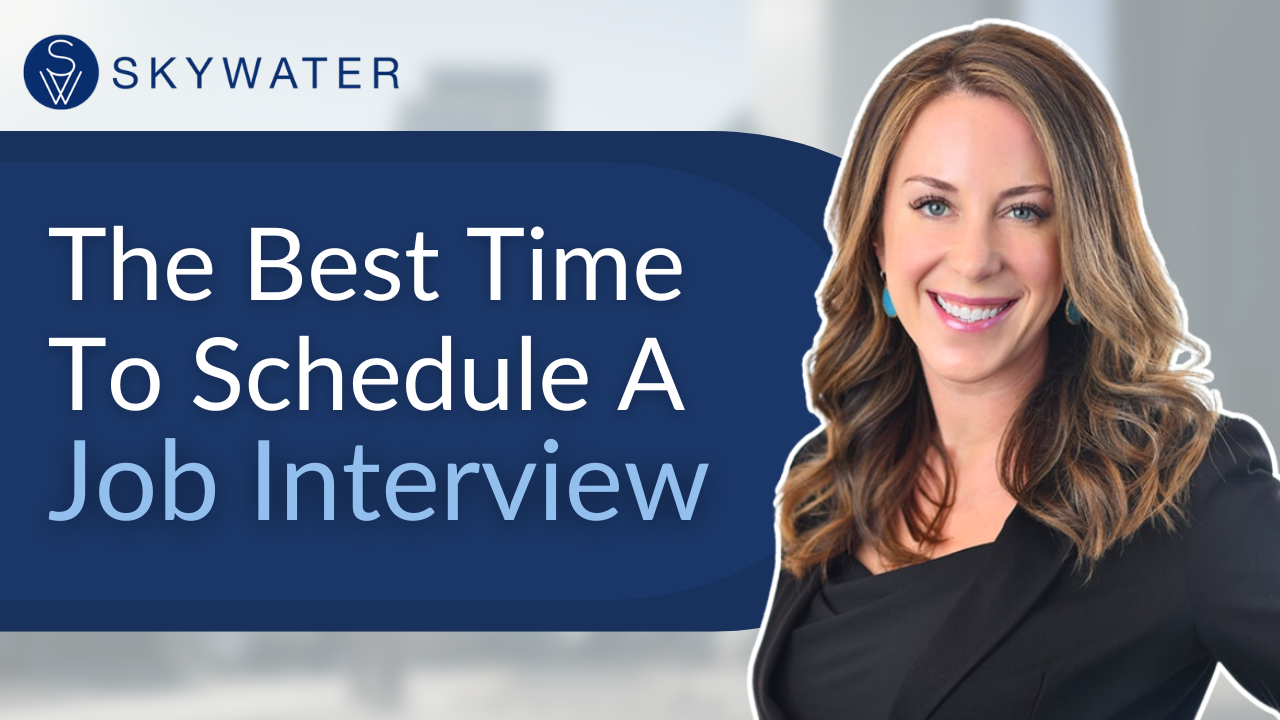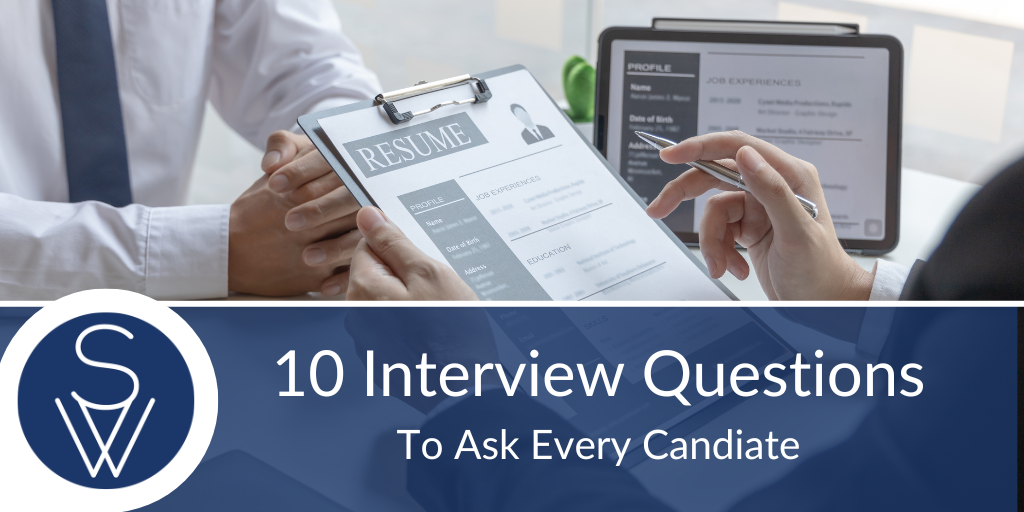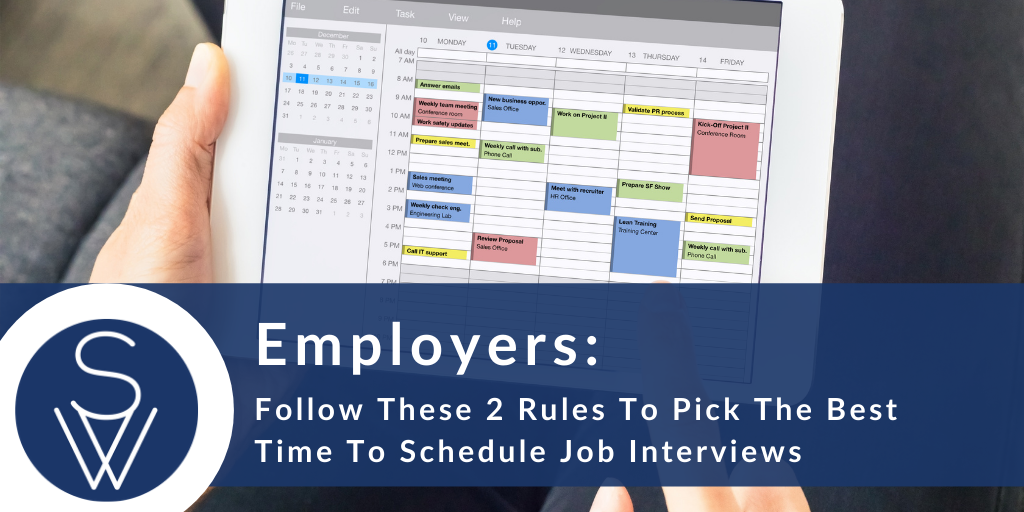The great matches are never made on paper.
I know you've heard this before, but executive recruiters are like matchmakers. We know that no client - and no role - can be fully defined within the four corners of a job description. Likewise, no candidate can be fully understood by reading a LinkedIn profile.
















